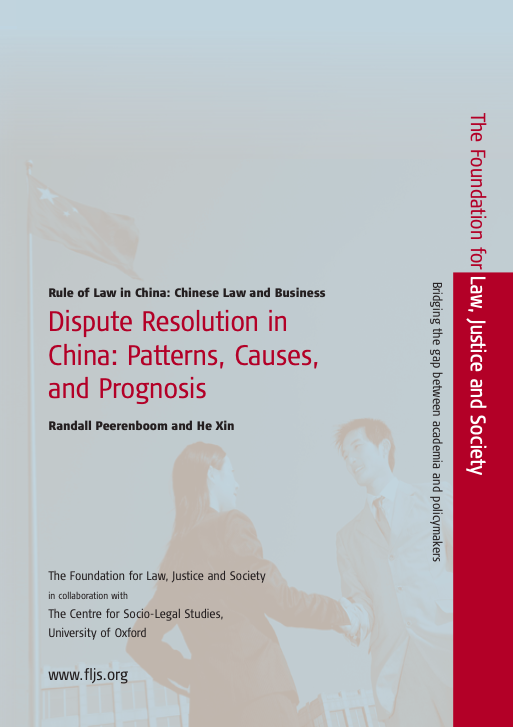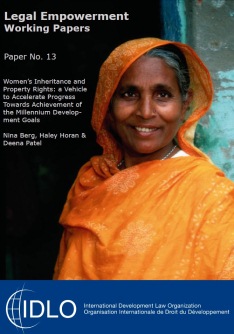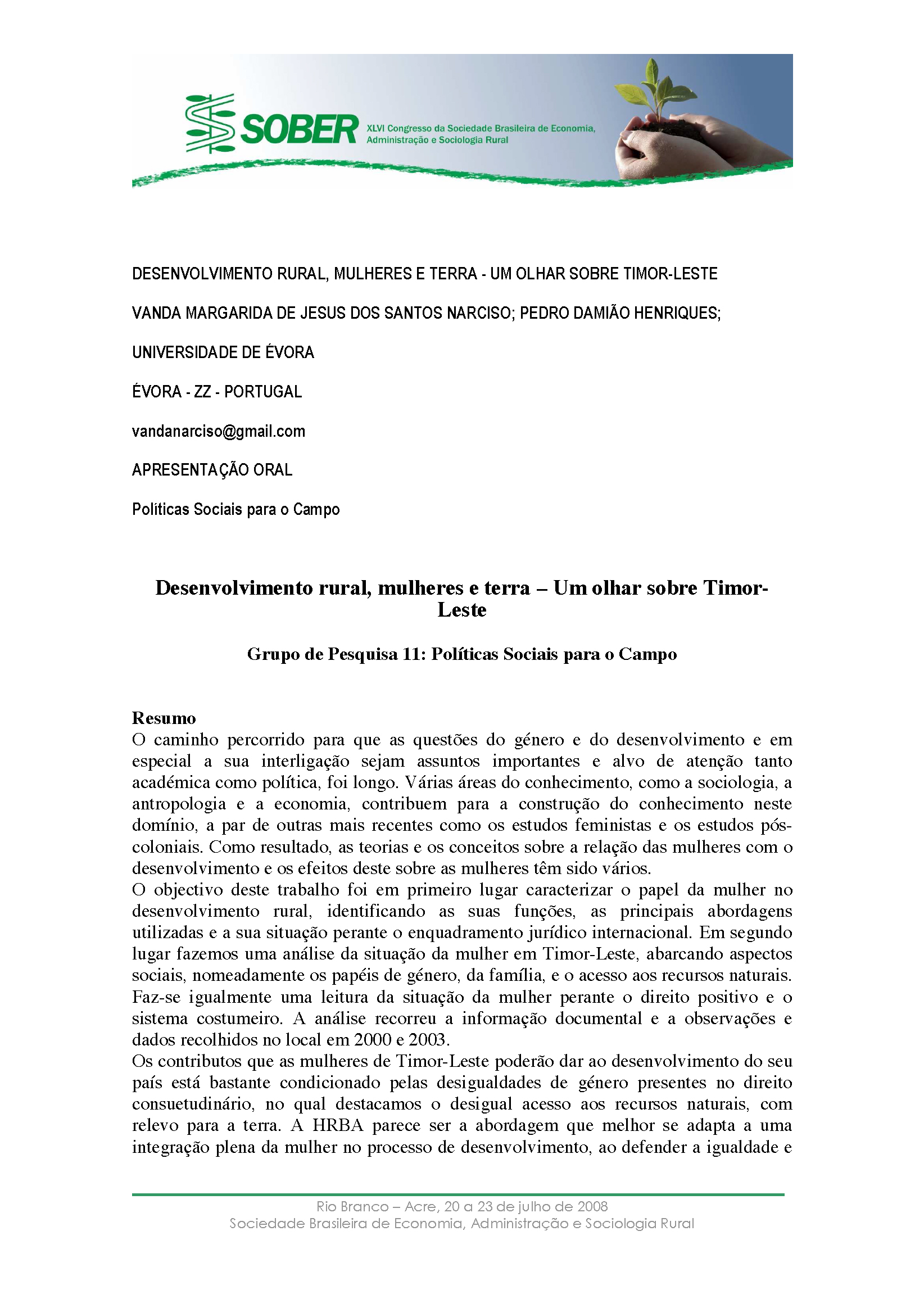Law for State Land Management in Cambodia
Access to land empowered by law is a crucial issue for sustainable development of a modern, prosperous Cambodia where the social and ecological responsibilities are well developed and embedded in a State Land Management. The State is the main actor in the land sector and has to guarantee State public property which cannot be transformed into private property. Cambodia shows still a high rural poverty rate, land concentration and anarchy in illegal land possession, illegal claim of State land and protected areas as privately owned and unlawful logging.





